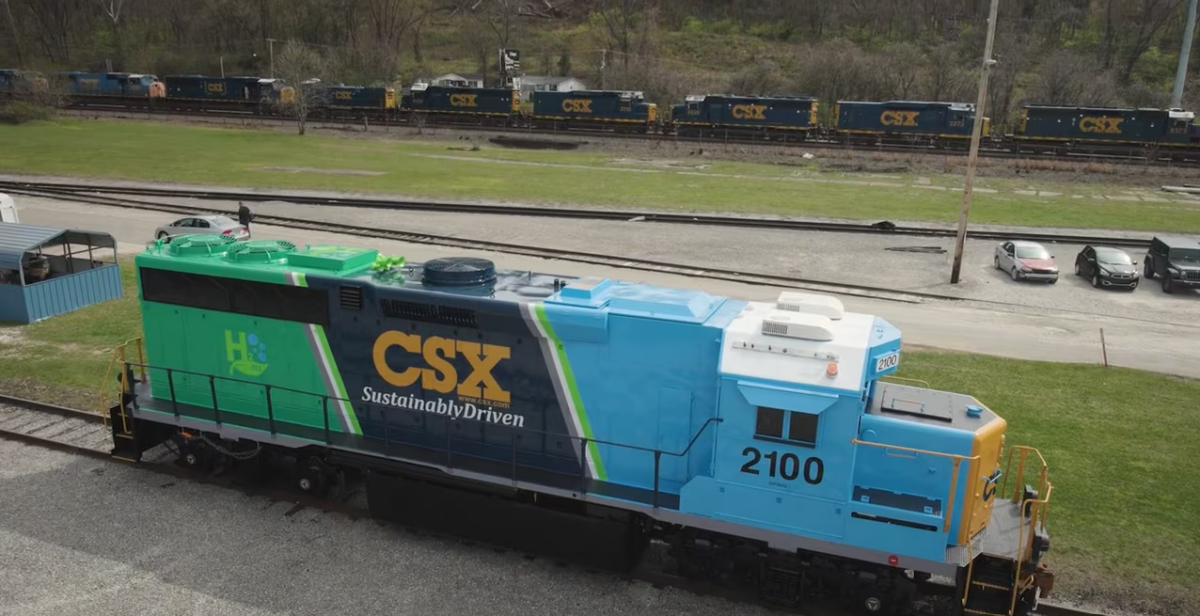NTPC has invited bids for green hydrogen fuel cell locomotives for operation at the merry-go-round rail system of NTPC Sipat. The prospective contractor’s scope includes basic design of retrofitment into the old locomotive/designing new locomotive, detailed engineering, procurement, fabrication, inspection, supply of materials, storage, commissioning, testing, PG test, and training including 20 years of maintenance works of all systems on turnkey basis.
Solar Energy Corp. of India (SECI) has extended he bid submission deadline for setting up 1.5 GW of electrolyzer manufacturing capacities under Tranche-II of the Strategic Interventions for Green Hydrogen Transition (SIGHT) Scheme. The revised deadline is now July 5.
Bidders setting up electrolyzer manufacturing facilities under this program will be eligible for government incentives provided they meet the qualification criteria as laid out in the tender document.
SECI has been appointed as the implementing agency for the incentive scheme for electrolyzer manufacturing.
Out of the total 1.5 GW capacity, 1.1 GW is tendered for electrolyzer manufacturing capacity based on any stack technology, 300 MW for electrolyzer manufacturing capacity based on indigenously developed stack technology, and 100 MW for electrolyzer manufacturing capacity based on indigenously developed stack technology-smaller units. The minimum/maximum bid capacities for these three categories are 100 MW/300 MW, 100 MW/300 MW and 10 MW/30 MW, respectively.
A team of researchers from Skolkovo Institute of Science and Technology (Skoltech) demonstrated that generating a substantial amount of hydrogen in gas reserves is feasible, thanks to the thermocatalytic conversion of methane. The approach enables hydrogen synthesis through a catalyst to reduce the needed temperature. The researchers then proposed to inject air or oxygen into the well, followed by ignition. “The rising temperature at the combustion front within the reservoir initiates the reaction between natural gas and steam supported by the pre-injected catalyst, producing syngas with high hydrogen content within the porous media,” wrote the Russian researchers. The hydrogen is then recovered from a production well through a membrane that allows the filtration of hydrogen while impeding other gases, including CO2, which remain confined within the rock. “All four stages of the proposed process rely on well-established and widely used technologies,” the researchers explained in the paper published in Fuel.
Plug Power secured industry certification for its 1 MW high-powered stationary system. “Supported by this industry-leading third-party certification, customers ranging from hyperscale data centers and fleet EV (electric vehicle) charging stations in grid-constrained areas to microgrid applications powering local grids during PSPS (public safety power shutoff) events can now fast-track implementation of Plug’s high-powered stationary system,” said the New York State-based company.
CPH2 has been awarded a CE marking for its electrolyzer stacks, having received a Declaration of Conformity following an independent assessment from a Notified Body. “The CE marking illustrates that the company manufactures the stacks within the EU directives and harmonized standards and is an important milestone towards commercial readiness,” said the UK-based green hydrogen technology and manufacturing company that has developed the IP-protected Membrane-Free Electrolyser.
Nine gas transmission system operators from the Baltic Sea region have signed a memorandum of understanding (MoU) that aims to coordinate and facilitate hydrogen infrastructure and foster hydrogen market development. The parties of the MoU are Polish Gaz-System, Estonian Elering, Danish Energinet, Finnish Gasgrid Vetyverkot, Lithuanian Amber Grid, Swedish Nordion Energi, German Gascade Gastransport, Latvian Conexus Baltic Grid and German Ontras Gastransport.
Everfuel has submitted a project proposal for the phased development of up to 2 GW green hydrogen production capacity at the Revsing Energy Park under development by the municipality of Vejen, Denmark. “The project named Frigg, if included by the municipality, is set to become Everfuel’s first large-scale production facility dedicated to hydrogen supply via pipeline to industrial customers in Germany,” said the Danish company, adding that it had already secured land for the build-out.
This content is protected by copyright and may not be reused. If you want to cooperate with us and would like to reuse some of our content, please contact: editors@pv-magazine.com.









By submitting this form you agree to pv magazine using your data for the purposes of publishing your comment.
Your personal data will only be disclosed or otherwise transmitted to third parties for the purposes of spam filtering or if this is necessary for technical maintenance of the website. Any other transfer to third parties will not take place unless this is justified on the basis of applicable data protection regulations or if pv magazine is legally obliged to do so.
You may revoke this consent at any time with effect for the future, in which case your personal data will be deleted immediately. Otherwise, your data will be deleted if pv magazine has processed your request or the purpose of data storage is fulfilled.
Further information on data privacy can be found in our Data Protection Policy.